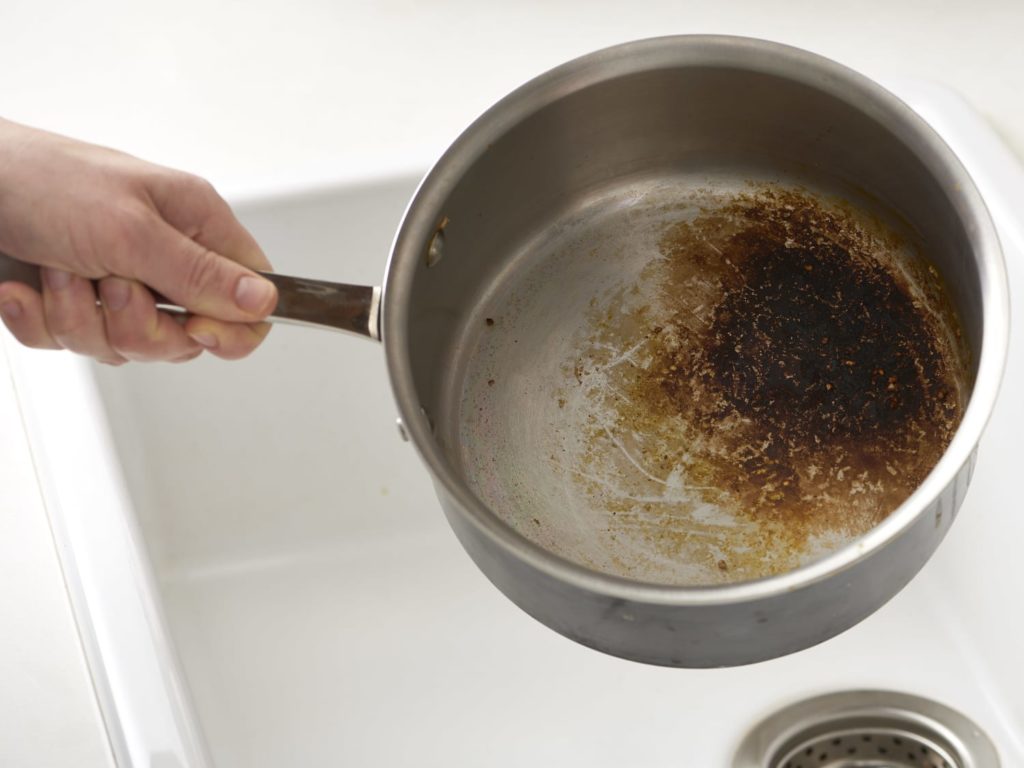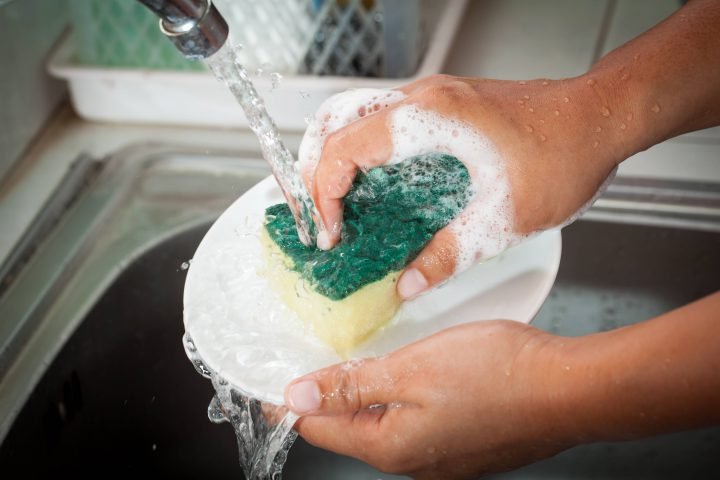
CLEAN BURNT UTENSILS EASILY AT HOME
Regardless of whether you have been cooking for a long time or are an apprentice in the kitchen, you may have burnt vessels everywhere. Not exclusively does your dish gets spoilt, however, there are so many difficulties associated with cleaning the burnt vessel. But with some of our easy tricks, you don’t need to work it out with your burnt vessels. Given underneath are a portion of our basic and simple kitchen hacks that can assist you with disposing of even the hardest burnt stains easily.
Easy hacks to clean burnt vessels
Aerated Drinks :
That gas-rich drink you love can do wonders with regards to cleaning a burnt vessel. You need to simply pour some of it into the burnt vessel and let it warm on a low flame level. When the air pockets quit popping, take it off from the heat. Clean it with a plastic brush and dish cleanser and see the burnt area liquefying ceaselessly.
Baking Soda :
Preparing a solution with baking soda is an extraordinary decision for expelling difficult dark burnt marks from utensils. You should simply soak the utensil in this mix and let it stay for roughly 15 to 20 minutes. Wash with an ordinary dish cleanser and water to see the utensil sparkle.
Lemon Juice :
Most dishwashing cleansers contain lime as a functioning fixing since it helps in disposing of extreme stains and oil from grimy dishes. Lemon juice is likewise useful for clearing off difficult burn stains from dishes. For the individuals who are keen on realizing how to clean a burnt non-stick container, well, lemon juice may demonstrate to be useful. You should simply apply a sufficient amount of this juice to the vessel, and leave it for a while. The acid present in lemon juice will make the stains come off.
Wine :
If you are can get your hands on some decent wine, you can use it to clean burn marks. Wine works similar to vinegar and helps in cleaning up burnt singe from dishes. It helps in mellowing the thick hull of a burnt layer on your vessel, which you would then be able to scratch off using a scrubbing pad.
Fabric Softener :
Cleansing agents can tidy up those unsavoury burnt glossy marks from your preferred container as well. Take the burnt dish and pour some fabric softening agent over the burnt zone. Leave the dish aside and let the cleanser carry out its responsibility for a couple of hours. That very evening or the next day, wash the skillet with warm water and some dish cleanser to see the burnt bits liquefy away with no additional exertion.
We as a whole turn out to go bad with cooking at times and end up with burnt vessels. Thus, you can utilize any of the hacks referenced above to expel the intense burnt stains from your vessels. You will likely need to rehash the vessel-cleaning process a couple of times to accomplish the ideal outcomes.
Real Lemon powered Extra Spark Dish Wash is also here that will help you to clean easily all the burnt vessels. The strong ingredients will wash away all the dirt leaving a fresh lime fragrance.

HOW TO KEEP YOUR DISHWASHING SPONGE GERMFREE?
Did you know: there is a massive amount of life existing inside your dishwashing sponge! A group of German researchers recently examined samples of used dish wash sponges and guess what they found – it contained 82 billion bacteria per cubic inch! That’s a lot of bacteria that can be transferred onto your dish while washing with the sponge. Nightmarish, isn’t it?
However, there are some easy methods to clean the dish wash sponges and get rid of the little friends that dwell there. There are of course various methodologies, and we would throw light upon them one by one.
Cleaning a Dish Sponge with Cleaners :
Studies have been carried out to understand the effectiveness of cleaning substances on dish sponges. Here are five of the most effective ones based on their research.
* Bleach diluted with water
* Isopropyl alcohol
* Vinegar (undiluted)
* Ammonia (1:32)
* Hydrogen peroxide (undiluted)
Based on the above list, bleach seems to be a simple solution to this problem. However, cleaning your sponges with a toxic substance such as bleach can have a severe health impact. Using bleach to clean the sponges more than once a week elevates your risks of asthma. Apart from this, there is a high probability that toxic substances will stick to the sponge with which you wash the daily utensils. And this, in turn, will migrate on to the dishes. Exposure to such toxins (though minimal in nature) can have an adverse health impact. So, you should avoid toxic substances while cleaning the dishwashing sponge.
Also mentioned in the list is Vinegar. Now, this is a cleaner you can readily find in your kitchen. It is also non-toxic and edible. Vinegar offers a high quality of cleaning and can be easily used for this cleaning exercise.

